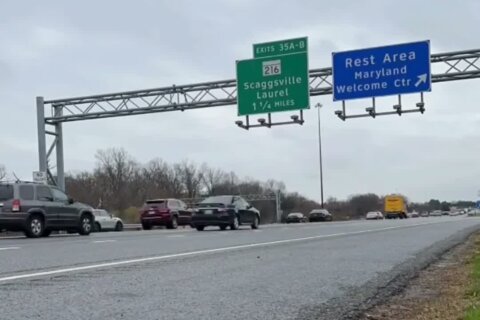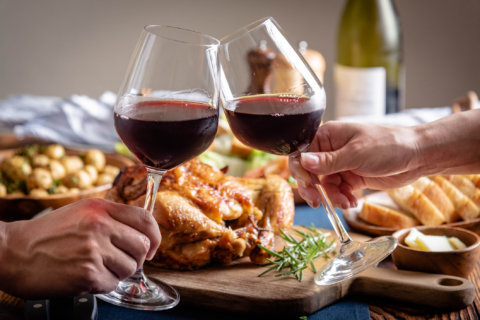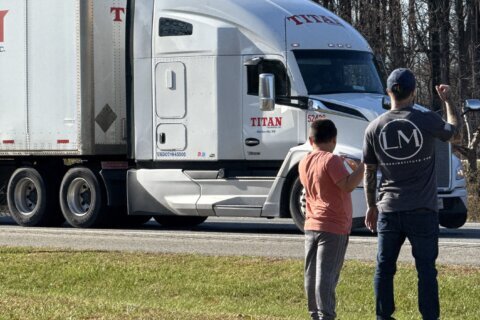With Thanksgiving and the holiday season coming, and people trying to make plans for gatherings, hosts and potential guests are facing choices they’ve never had to before.
Last year’s celebrations were mostly called off or made virtual as the COVID-19 pandemic continued to rage and no vaccines were available. This year, potential family gatherings have a different set of questions hanging over them, as vaccinated people may have concerns over whether to invite family members who refuse to get vaccinated.
While these are special circumstances, Diane Gottsman, an international etiquette expert and author and founder of the Protocol School of Texas, says many of the usual rules apply.
Being selective about a guest list has always led to some tough decisions at holiday time, Gottsman said: “Vaccinations, they drink too much, they talk too much about politics — there are all kinds of reasons why people are eliminated from guest lists, or they’re asked to return over and over again.”
The important thing, whether you’re a host or a potential guest, vaccinated or otherwise, is not to wait.
“If a host is holding the family function, and most of the family is vaccinated and one particular person is not, you have to say something in advance; there should be no surprises.”
It’s also critical to stay cool, respectful and nonjudgmental, in your language and your tone of voice.
“It is going to cause some hard feelings,” Gottsman said. “They are going to be potentially offended because they’re not included.” But: “The way we deliver this message is going to have a big influence on how they receive it.”
She suggested for a host uncomfortable with inviting an unvaccinated family member to say something along the lines of “Uncle John, you know, I love you, you know that you are a strong part of our family. But at least this holiday season, because you have not been vaccinated, you’re not going to be on our guest list. We love you, but I want you to know that I’m still — we’re still being very cautious.’ I mean, you just have to say it.”
It’s important not to “breach our own boundaries,” Gottsman said. Otherwise: “Everyone is upset about that person coming. It’s going to cause for some tense table conversation. Or, even if no one is uncomfortable, the host will be kicking themselves after the event, because they might be worried that they potentially expose someone.”
“So I think that we have to speak our truth; we have to be authentic, we have to be respectful, and then just assume that this other person is going to take it in the vein in which you mean it.”
With the December holidays coming, there’s still time for a recalcitrant family member to get vaccinated, but Gottsman said it’s time to face facts: “They’re probably not going to get vaccinated just to come to your dinner. If they aren’t vaccinated, and they haven’t gotten vaccinated, they have some pretty strong feelings, probably. I don’t think that they’re going to change their mind because of one dinner.”
And whether you’re doing the inviting or the non-inviting, whether you’re vaccinated or not, the principles of calm, boundaries and respect apply.
“It’s all the same thing — we just have to put our feet into different shoes,” Gottsman said. “So for the guests that may not be invited, because they have chosen not to be vaccinated, I think that they have to have that level of understanding as well. They too have to be compassionate, respectful and nonjudgmental of those who are opting out.”
She added: “The role of a good guest is to make the host appreciative and glad they were invited; the role of a good host is to make their guests comfortable.”
And while the pandemic seems to have lasted forever, Gottsman said, it won’t — but family will. She suggested keeping in contact with a noninvited family member right away.
Make sure “you still keep that relationship solid,” Gottsman said, “because if this is a friend or a family member, that means something to you. I think it’s really important to follow up with them, not just drop it and leave it at that.”
Calling someone on Thanksgiving night after dinner could make a world of difference.
“We are going to get on the other side of this,” Gottsman said. “And let’s just remember the relationship that we want to have with these same people once we’re on the other side. We’re gonna remember how people treated us.”








